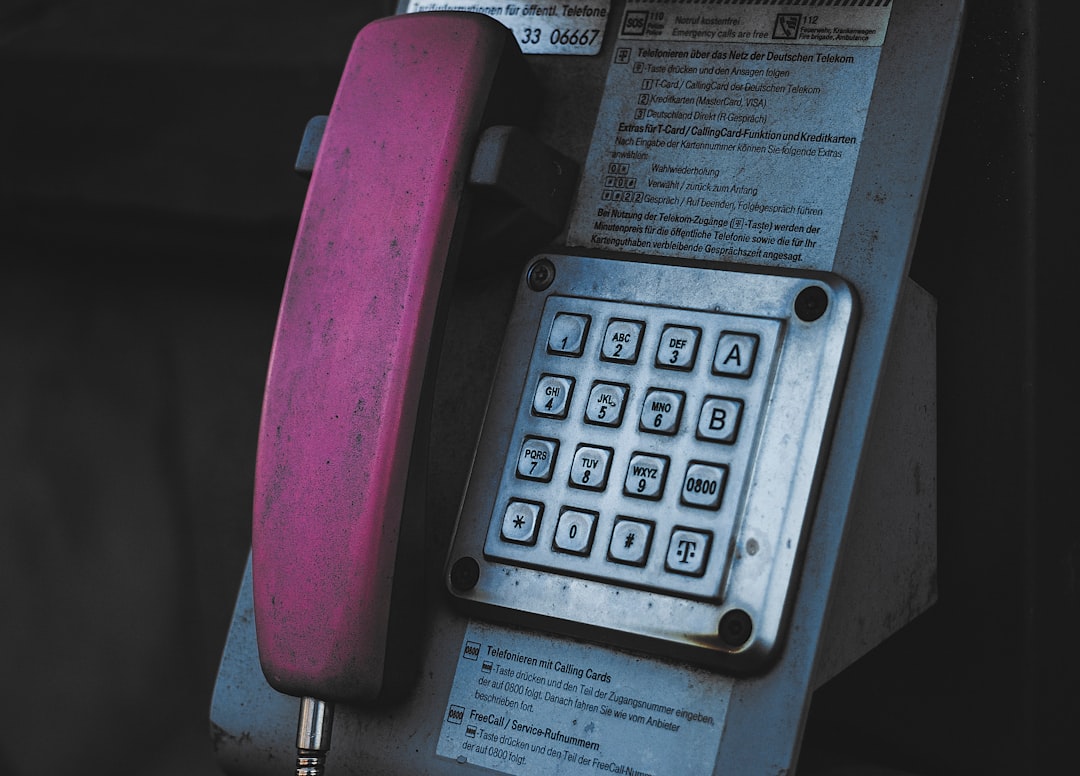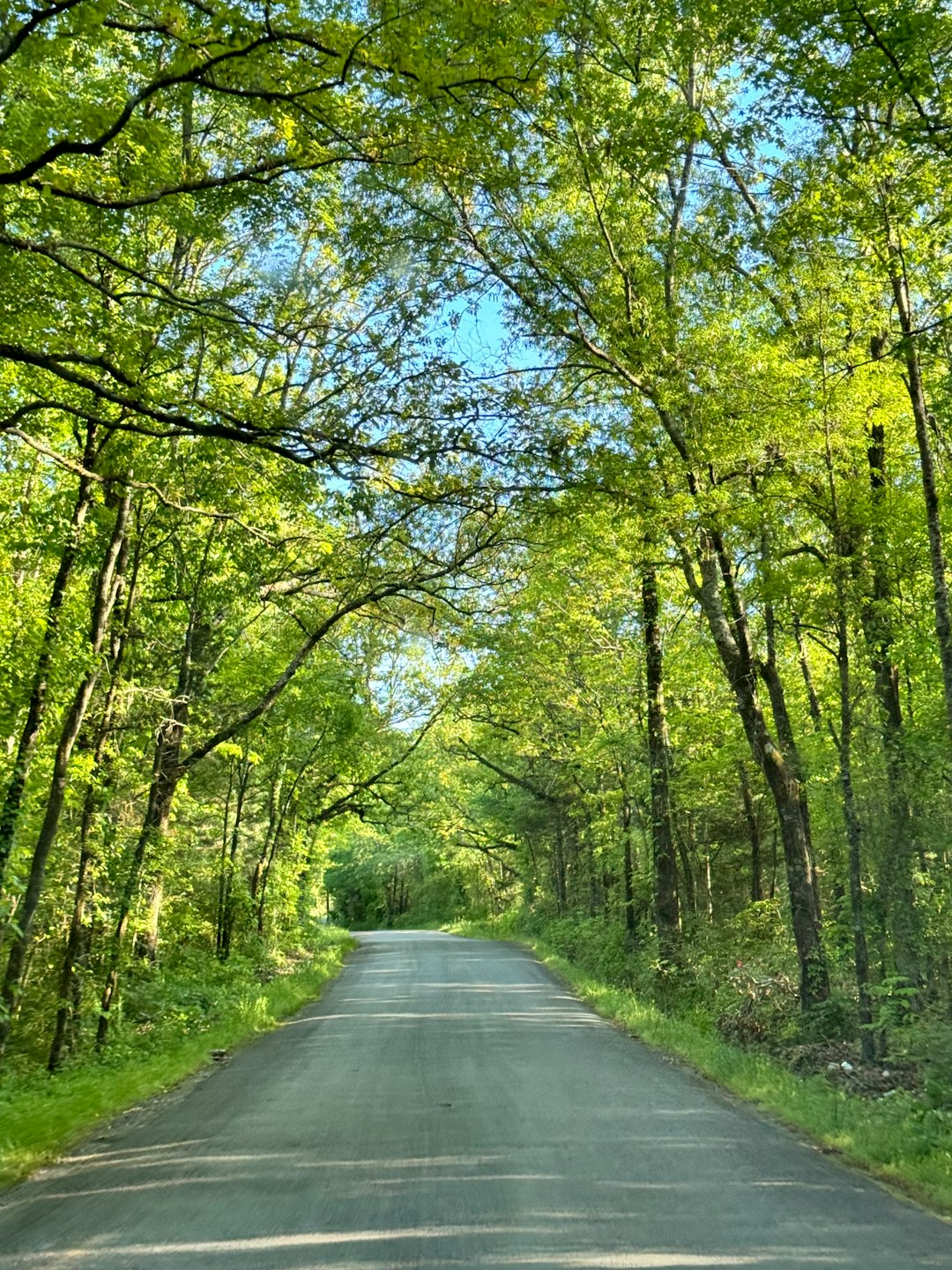Arkansas residents enjoy robust consumer protection and privacy rights thanks to a combination of state and federal telemarketing laws, with the Attorney General's Office playing a central role. The key defense for consumers is the Do Not Call Registry, enabling them to opt-out of unsolicited calls. Businesses must obtain explicit consent before making marketing calls and adhere to regulations on prerecorded messages and automated dialers, as outlined by the Telephone Consumer Protection Act (TCPA). Violations can lead to substantial penalties. A "Do Not Call Lawyer Arkansas" specializes in guiding businesses through these regulations, ensuring compliance, and mitigating legal risks. Businesses must prioritize ethical practices, explicit consent, clear communication, and data security to thrive while respecting consumer rights and avoiding potential challenges from lawyers specializing in Do Not Call Arkansas laws.
“In the dynamic landscape of modern commerce, telemarketing remains a vital yet regulated strategy. This comprehensive guide delves into the intricate legal framework governing telemarketing activities in Hot Springs, Arkansas. From understanding state-specific regulations and do-not-call lists to navigating consumer protection laws and privacy rights, we offer an in-depth overview.
For businesses aiming to comply with the stringent requirements of a ‘do not call lawyer’ in Arkansas, this article presents essential best practices, ensuring a successful and ethical telemarketing approach.”
Understanding Telemarketing Regulations in Arkansas: An Overview

In Arkansas, telemarketing regulations are governed by a combination of state and federal laws, ensuring consumer protection and privacy. The Arkansas Attorney General’s Office plays a pivotal role in enforcing these rules, which are designed to curb deceptive practices and give consumers control over their communication preferences. One key aspect is the Do Not Call Registry, allowing residents to opt-out of unsolicited calls, including those from telemarketers. This registry requires businesses to obtain explicit consent before initiating marketing calls, empowering Arkansans to manage their phone communications.
Additionally, Arkansas law addresses specific telemarketing practices, such as prerecorded messages and automated dialers, ensuring transparency and user consent. These regulations are in line with federal standards set by the Telephone Consumer Protection Act (TCPA), which further strengthens consumer rights against unwanted calls. Understanding these rules is essential for businesses engaging in telemarketing to avoid legal repercussions, especially when considering the strict penalties for violations involving Do Not Call Lawyer Arkansas.
Legal Restrictions for Outbound Calls and Do-Not-Call Lists

In Arkansas, telemarketing activities are subject to stringent legal restrictions, particularly regarding outbound calls. The state has implemented a Do-Not-Call list that businesses must adhere to strictly. This list is compiled from registrations by consumers who wish to opt-out of receiving unsolicited sales or promotional calls. Violating these restrictions can result in significant penalties for telemarketers and their representatives, including fines and legal action.
A “Do Not Call Lawyer Arkansas” can guide businesses on navigating this legal framework. These lawyers specialize in ensuring compliance with state regulations, helping companies avoid costly mistakes and potential lawsuits. They offer insights into the effective management of Do-Not-Call lists, proper call scripting, and training for employees to uphold these legal restrictions.
Compliance with Consumer Protection Laws and Privacy Rights

In the realm of telemarketing, ensuring compliance with Consumer Protection Laws and respecting privacy rights is paramount. Arkansas, being a state that values its citizens’ autonomy, has stringent regulations in place to protect consumers from unsolicited calls, particularly through automated or prerecorded messages. The Do Not Call Lawyer Arkansas initiative underscores this commitment to consumer rights. Companies engaging in telemarketing activities within the state must adhere to strict guidelines, including obtaining explicit consent before making any sales calls and providing clear opt-out mechanisms for recipients.
Privacy is another critical aspect that goes hand in hand with consumer protection. Arkansas law guarantees individuals the right to privacy, especially regarding their personal information. Telemarketers must implement robust data security measures to safeguard customer details and use such information solely for the intended marketing purposes. Failure to comply with these provisions can lead to stringent penalties, emphasizing the need for businesses to prioritize ethical telemarketing practices.
Best Practices for Telemarketing Businesses in Hot Springs, AR

In Hot Springs, Arkansas, telemarketing businesses must adhere to a strict legal framework designed to protect consumers from intrusive or deceptive practices. To thrive in this environment, companies should prioritize ethical and transparent communication strategies. One of the best practices is ensuring explicit consumer consent before initiating any marketing calls, which goes hand-in-hand with respecting do not call requests. Businesses should also provide clear information about the nature of the call, who is making it, and how to opt out—all while maintaining a professional tone.
Additionally, telemarketers must stay within the legal timeframes for making calls and ensure that their marketing materials are accurate and not misleading. Regularly reviewing and updating internal guidelines on consumer privacy, data handling, and record-keeping can help businesses avoid legal pitfalls. By fostering a culture of compliance and customer respect, telemarketing companies in Hot Springs can build trust, enhance brand reputation, and foster long-term consumer relationships.






